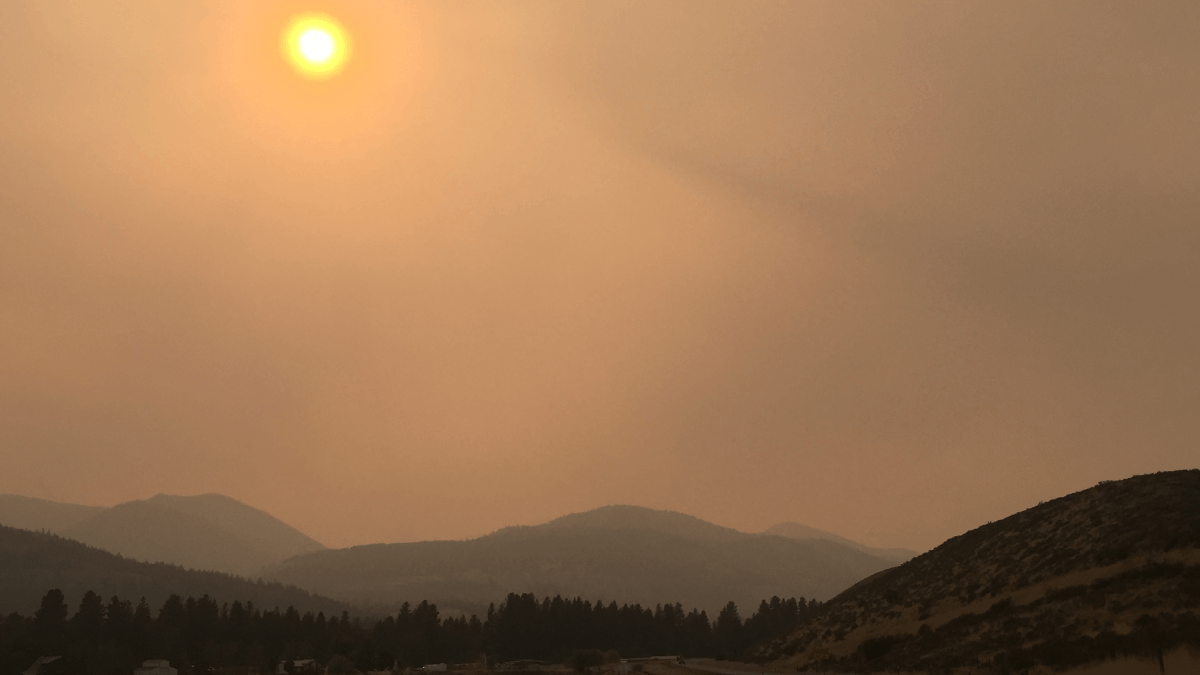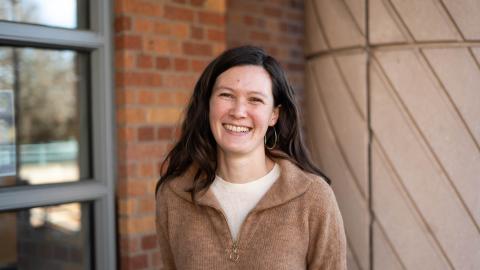In the past several months, researchers in the UW Department of Environmental & Occupational Health Sciences (DEOHS) and their partners have received four awards from the UW Population Health Initiative to pursue research on the health impacts of emerging threats including extreme cold, sea level rise, extreme heat combined with wildfire smoke, and hotspots for emerging zoonotic diseases.
“We are excited to be able to support these innovative, interdisciplinary projects as each seeks to scale its impact,” said Ali H. Mokdad, the university’s chief strategy officer for population health and professor of health metrics sciences. “The projects collectively will take on some of the most pressing challenges we face to our health and well-being, including climate change, people experiencing homelessness and rural health.”
Developing a framework for communicating extreme cold risk
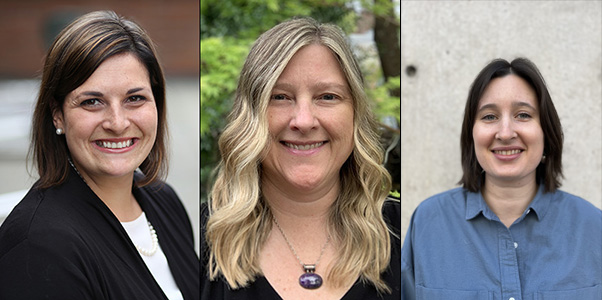
For residents of the often temperate coastal region of the Pacific Northwest, extreme cold can be as challenging to adapt to as extreme heat.
To bolster public health communication about the issue, DEOHS faculty members Nicole Errett and Tania Busch Isaksen and research coordinator Mary Hannah Smith are joining forces with UW Evans School of Public Policy Professor Ann Bostrom and partners from the National Weather Service Seattle Forecast Office, Public Health – Seattle King County, and the National Oceanic and Atmospheric Administration Global Systems Laboratory.
They plan to evaluate the health impacts of extreme cold in the region, identify opportunities for public health agencies and partners to reduce risk, and propose ways to improve interagency coordination for extreme cold preparedness.
Living with Water: Codeveloping strategies to protect health while adapting to sea level rise in the Duwamish Valley
In Seattle’s Duwamish Valley, flooding events have been increasing with climate change; most recently, a December 2022 flood severely damaged homes and businesses in the area.
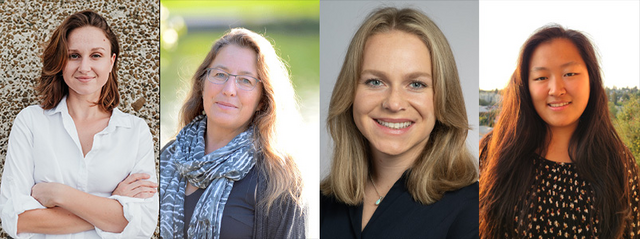
This project builds on the team’s earlier multilingual door-to-door survey (the Seattle Assessment for Public Health Emergency Response) of community residents to assess the local impacts of climate change and collect information about their support for various climate adaptation strategies.
DEOHS Assistant Professor Nicole Errett, postdoctoral researcher Maja Jeranko, community engagement manager BJ Cummings, PhD student Katelin Teigen and research coordinator Juliette Randazza are teaming up with partners from the Duwamish River Community Coalition, the UW Departments of Landscape Architecture and Civil & Environmental Engineering, the School of Environmental and Forest Sciences and The Burke Museum / Quaternary Research Center.
The team plans to review the literature for strategies for flood adaptation based on an assessment of South Park residents’ values and needs; co-design a vision for flood adaptation with residents through community-based workshops and design charrettes; and evaluate their approach to community co-design of flood and sea-level rise adaptation through an equity lens.
Individual and community-level effects from climate change driven heat and wildfire smoke co-exposures among a Washington state agricultural community
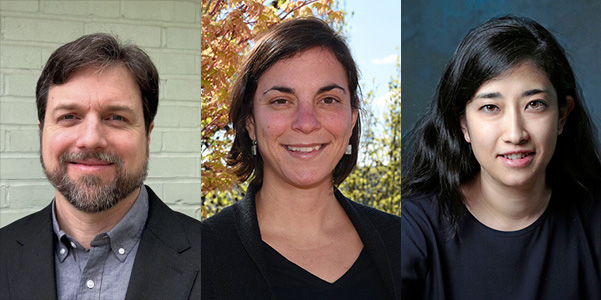
With climate change, people living and working in agricultural communities increasingly face the combined health threats of extreme heat and wildfire smoke.
To address these challenges, DEOHS postdoctoral researcher John Flunker, faculty members Dr. Coralynn Sack and Dr. June Spector and agricultural research and safety extensionist Pablo Palmández will evaluate the burden of co-exposure to heat and wildfire smoke in Washington state’s Yakima Valley.
They aim to establish a cohort of crop workers that can be followed throughout a season, and assess how co-exposure to heat and wildfire smoke impacts health, well-being and job-related effects among these workers.
AI-generated characterization of landscape risk for disease emergence in Washington

AI-focused population health pilot project
Newly available machine learning and computational modeling techniques can enhance our ability to predict “hotspots” for the emergence of pathogens that could cross over from animals to humans to become future epidemics or pandemics.
In this project, a doctoral student in computer science will work with a multidisciplinary team of UW faculty mentors to create high-resolution datasets of key risk factors for pandemic emergence in Washington state, validate them with members of the Washington State One Health Collaborative, and develop a computational framework for forecasting these datasets.
Team members include Julianne Meisner, assistant professor in the Department of Global Health and adjunct assistant professor in DEOHS, DEOHS Professor Peter Rabinowitz and collaborators from the Department of Industrial & Systems Engineering, the Allen School of Computer Science & Engineering and the Washington State Department of Health.
